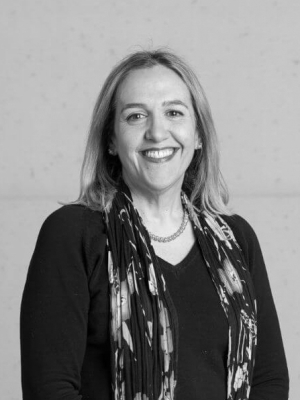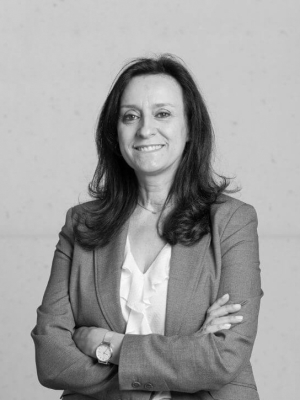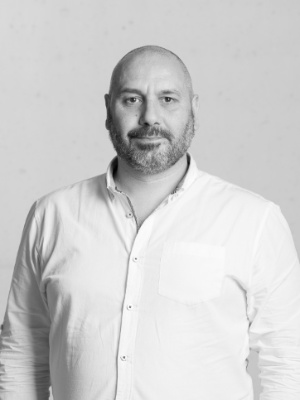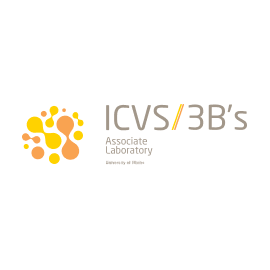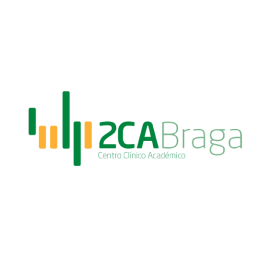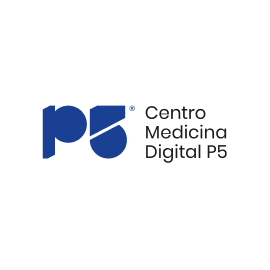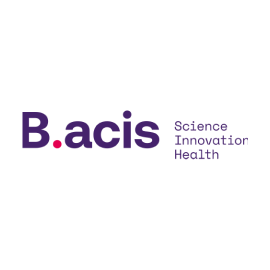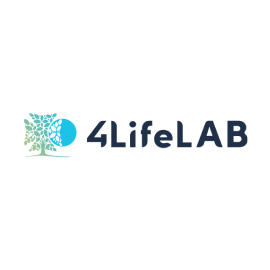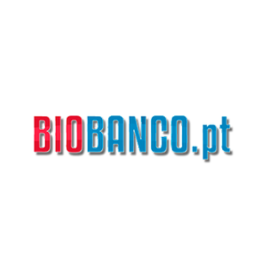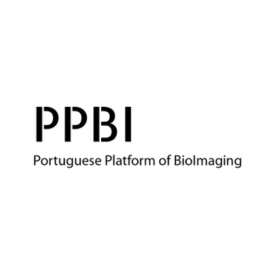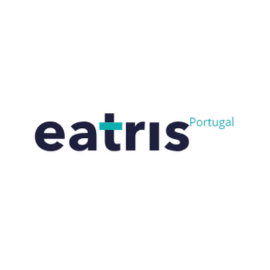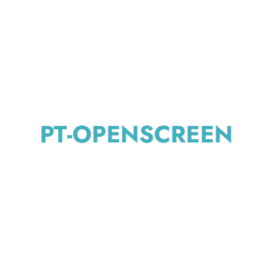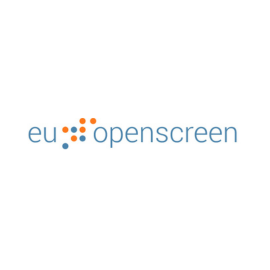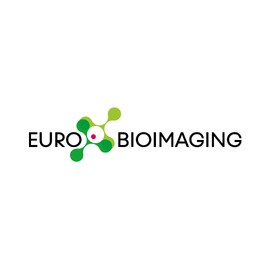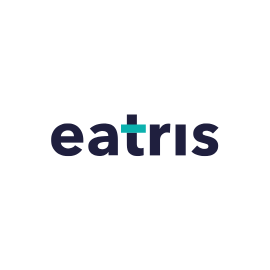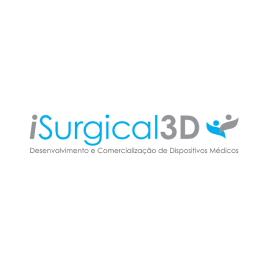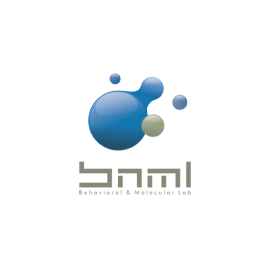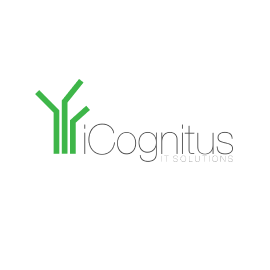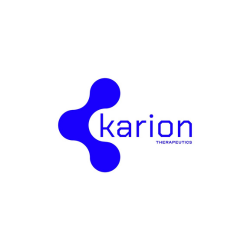ICVS aspires to boost its
complete research
pipeline to create scientific knowledge
and value, producing
Research Outputs that
improve Clinical Outcomes.
The Life and Health Sciences Research Institute (ICVS) is the R&D Unit of the School of Medicine, University of Minho, strategically located within a fast-growing Cluster of Biomedical Science, Technology and Healthcare organizations. Researchers with complementary academic backgrounds are presently working at the ICVS, covering the complete R&D pipeline, from in vitro research, to animal models and pre-clinical validation, to clinical trials, and finally to reach the market as innovative medical solutions.
Over the last decade, the ICVS progressively and strategically developed a healthcare cluster to strengthen its biomedical and translational research. This consisted in the creation of three main centers: the Clinical Academic Center, that expanded ICVS activities to clinical research; the Digital Medicine Center P5, an online healthcare center to manage population health in a simple, intuitive and innovative way; and the Braga-Health, Innovation and Science Association, a hub for innovation and entrepreneurship that ensures technology transfer into the market. These actions were in line with the mission of the School of Medicine of University of Minho, as well as with the national public policies of the “Agenda Temática de Investigação e Inovação – Saúde, Investigação Clínica e de Translação” and the 2030 Thematic Agenda for Clinical and Translational Research and Innovation.
Along with its several spin-offs, ICVS aims to contribute as a key stakeholder for the upholding of a competitive Cluster in Biomedical Science, Technology and Healthcare, steered by the School of Medicine. Aligned with this vision, ICVS aspires to boost its complete research pipeline to create scientific knowledge and value, producing Research Outputs that improve Clinical Outcomes.
Organization
& Leadership
The ICVS is organized into research thematic teams, aggregating research projects and human resources, with specific objectives and strategies, and lead by a team coordinator. The ICVS has its own governing bodies, according to the rules for research units integrated in the national system of Science and Technology, and includes: 1) the Director of the ICVS; 2) The Direction of the ICVS, the collegial body representative of the ICVS and responsible for its overall management and coordination, which has the following composition: the Director, who presides; the Vice-President of the School of Medicine for Research; the ICVS Vice-Directors, and the elected representative among the team coordinators, and 3) The Scientific Council of the ICVS.
The ICVS also integrates the Scientific External Advisory Committee, constituted by 6 personalities of recognized international merit and with expertise in the scientific areas of knowledge of the ICVS. The role of the Scientific External Advisory Committee includes following the functioning of the ICVS, providing feedback on the ICVS annual plan, activities report and budget, and to advise on the definition of the constitution of the evaluation committees of the ICVS Teams.
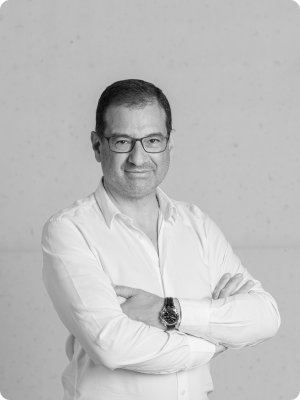
Jorge Correia-Pinto
Diretor
Resources & Facilities
For more information about ICVS’s Resources and Facilities please contact us at facilities.icvs@med.uminho.pt
Support Units
Administrative Unit
Animal Facility Unit
Laboratorial Unit
Communication
& Internationalization Unit
Pre-award Office
External Scientific Advisory Committee
The External Scientific Advisory Committee role is to provide feedback on the ICVS plan of activities and budget, as well as to advise regarding the evaluation committees of the ICVS Teams. The External Scientific Advisory Committee members are:
Professor
Paulo Vieira
President
Professor
África González
Professor
Eduardo Franco
Professor
Johannes Grillari
Professor
Michael T. Heneka
Professor
Peter Heutink



Contact us
Phone: +351 253 604 967
Fax: +351 253 604 809
Email: icvs.sec@med.uminho.pt
Address
Life and Health Sciences
Research Institute (ICVS)
School of Medicine,
University of Minho,
Campus de Gualtar
4710-057 Braga
Portugal

Copyright ©2025 ICVS. All Rights Reserved. Developed by TCIT



Copyright ©2025 ICVS. All Rights Reserved. Developed by TCIT
Address
Life and Health Sciences
Research Institute (ICVS)
School of Medicine,
University of Minho,
Campus de Gualtar
4710-057 Braga
Portugal



Copyright ©2025 ICVS. All Rights Reserved
Address
Life and Health Sciences
Research Institute (ICVS)
School of Medicine,
University of Minho,
Campus de Gualtar
4710-057 Braga
Portugal

